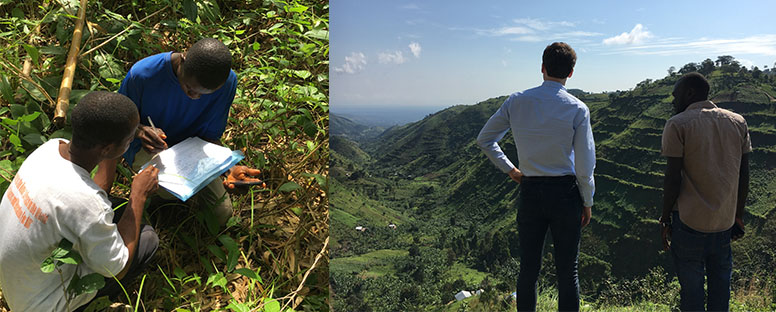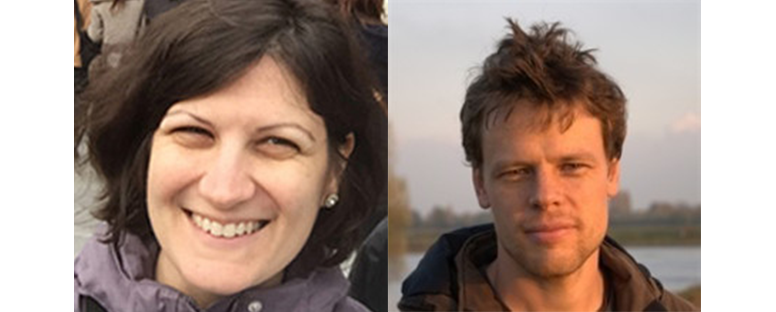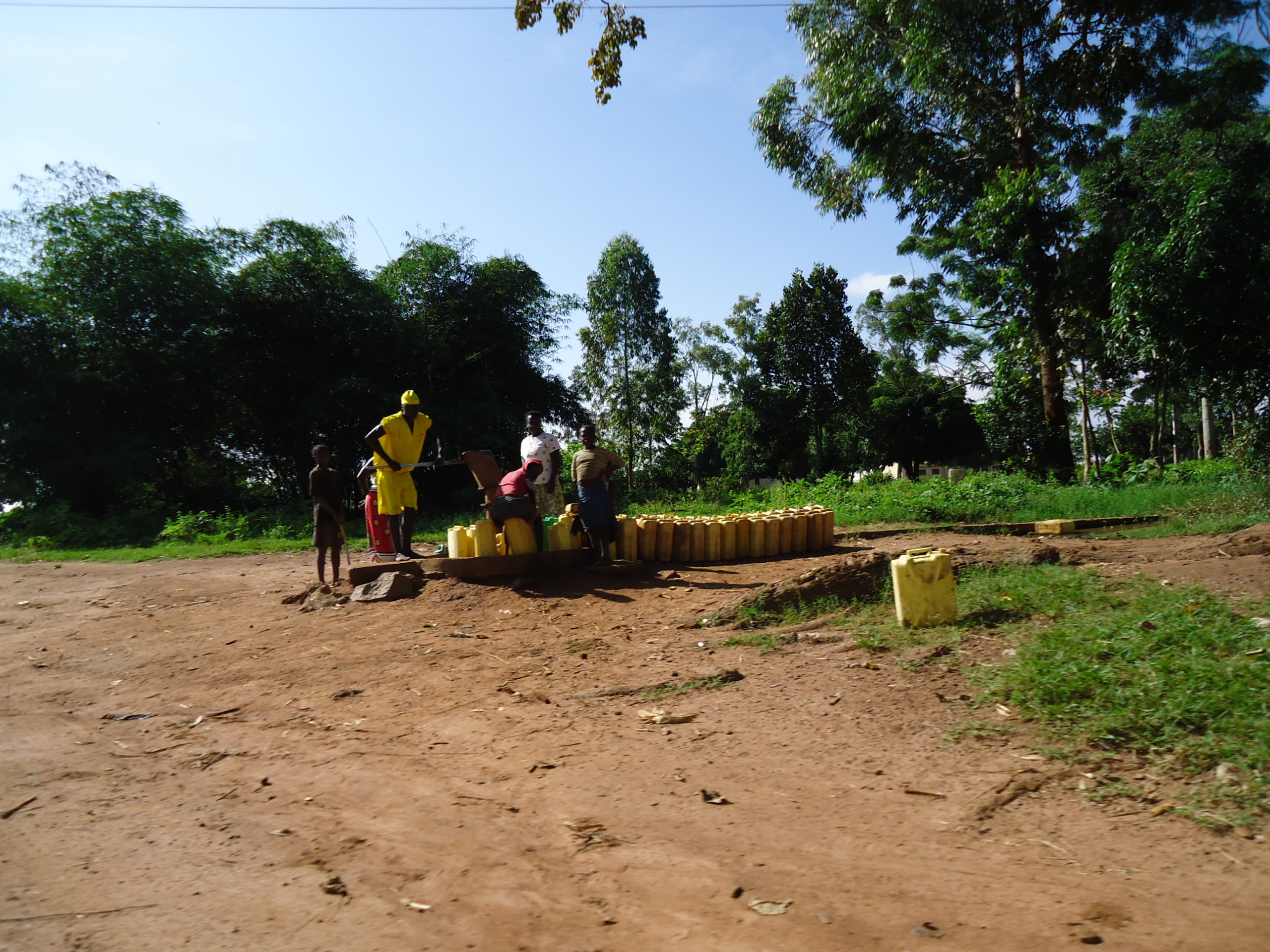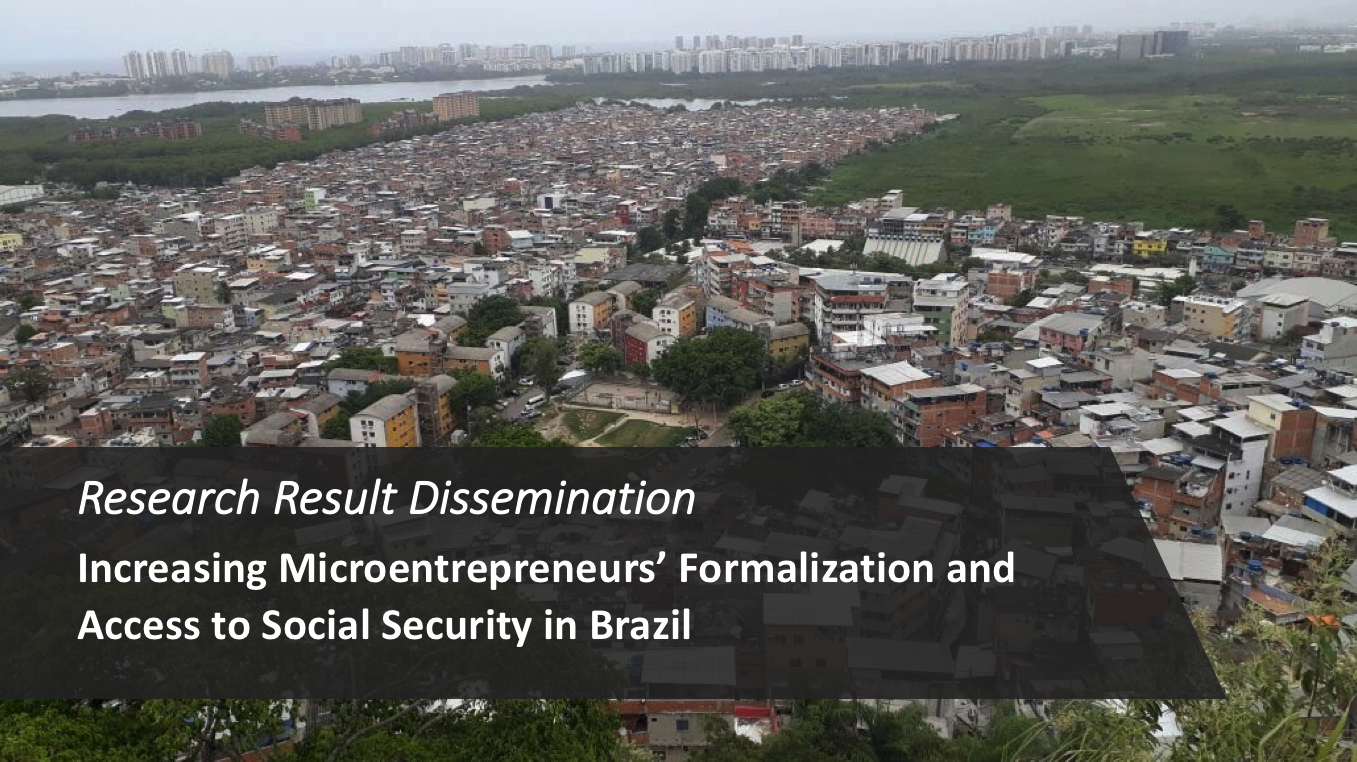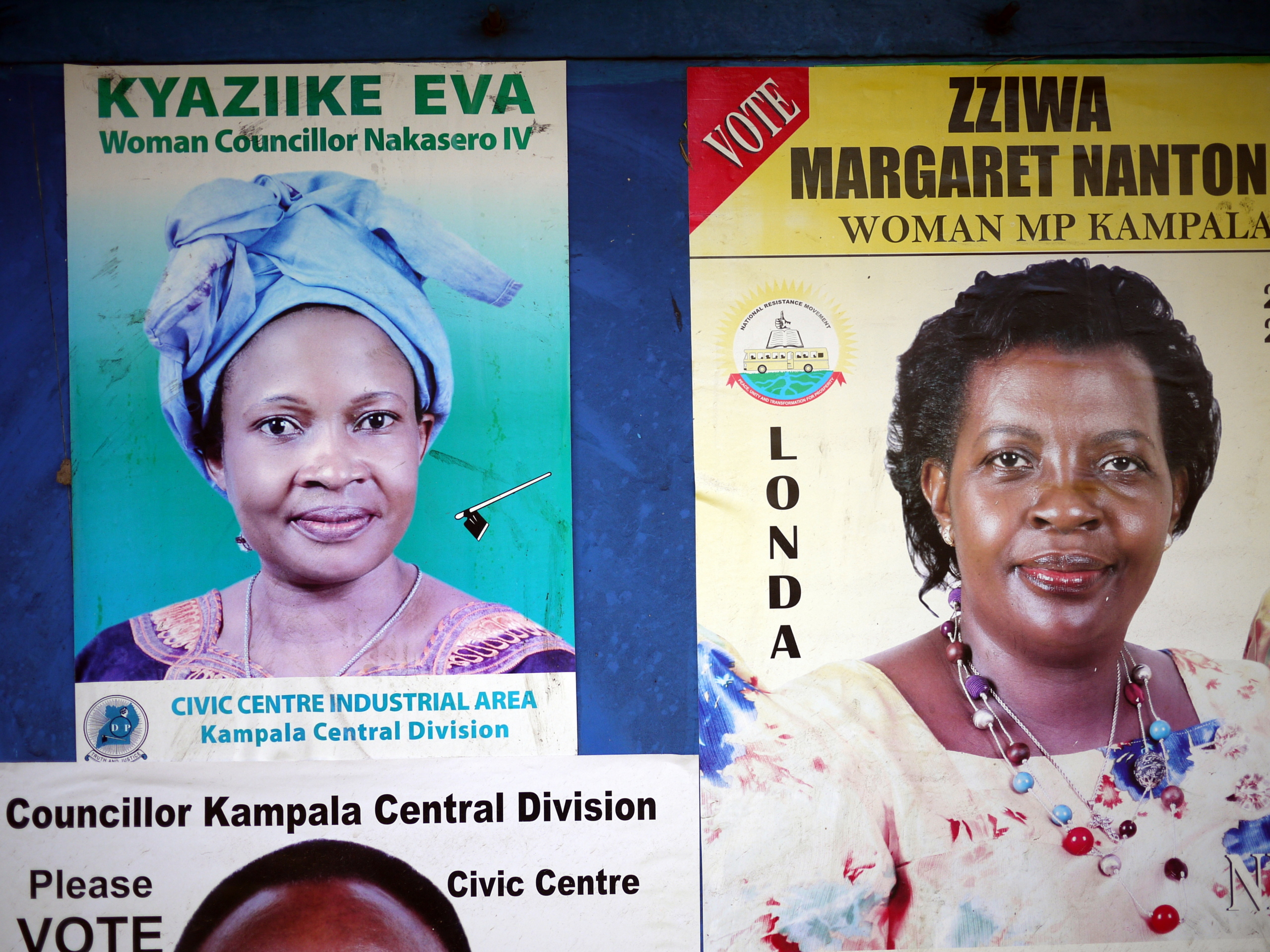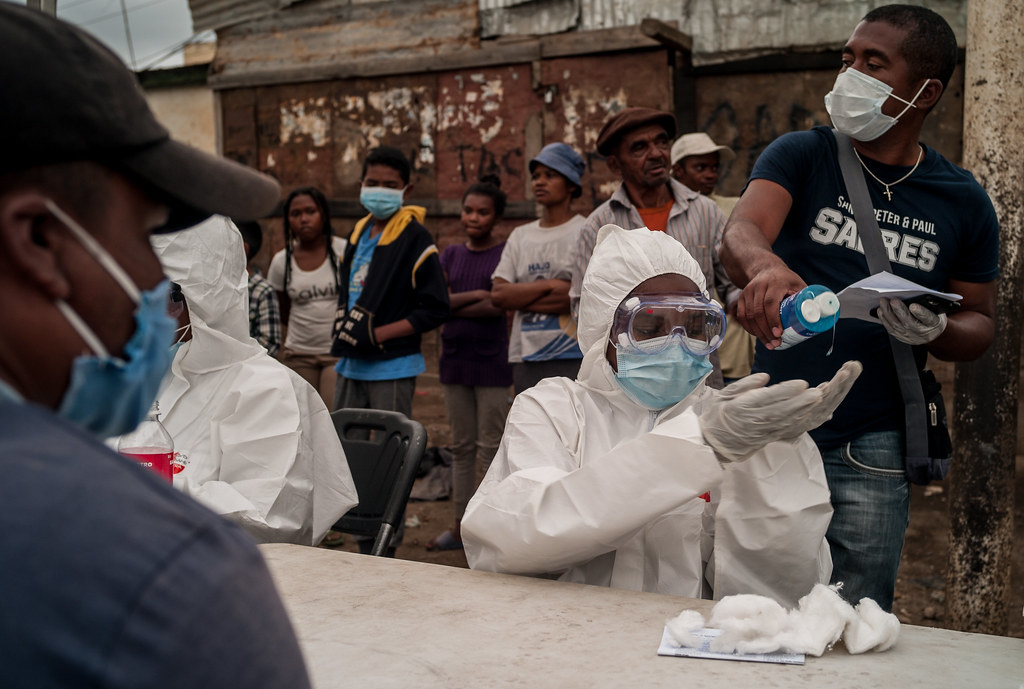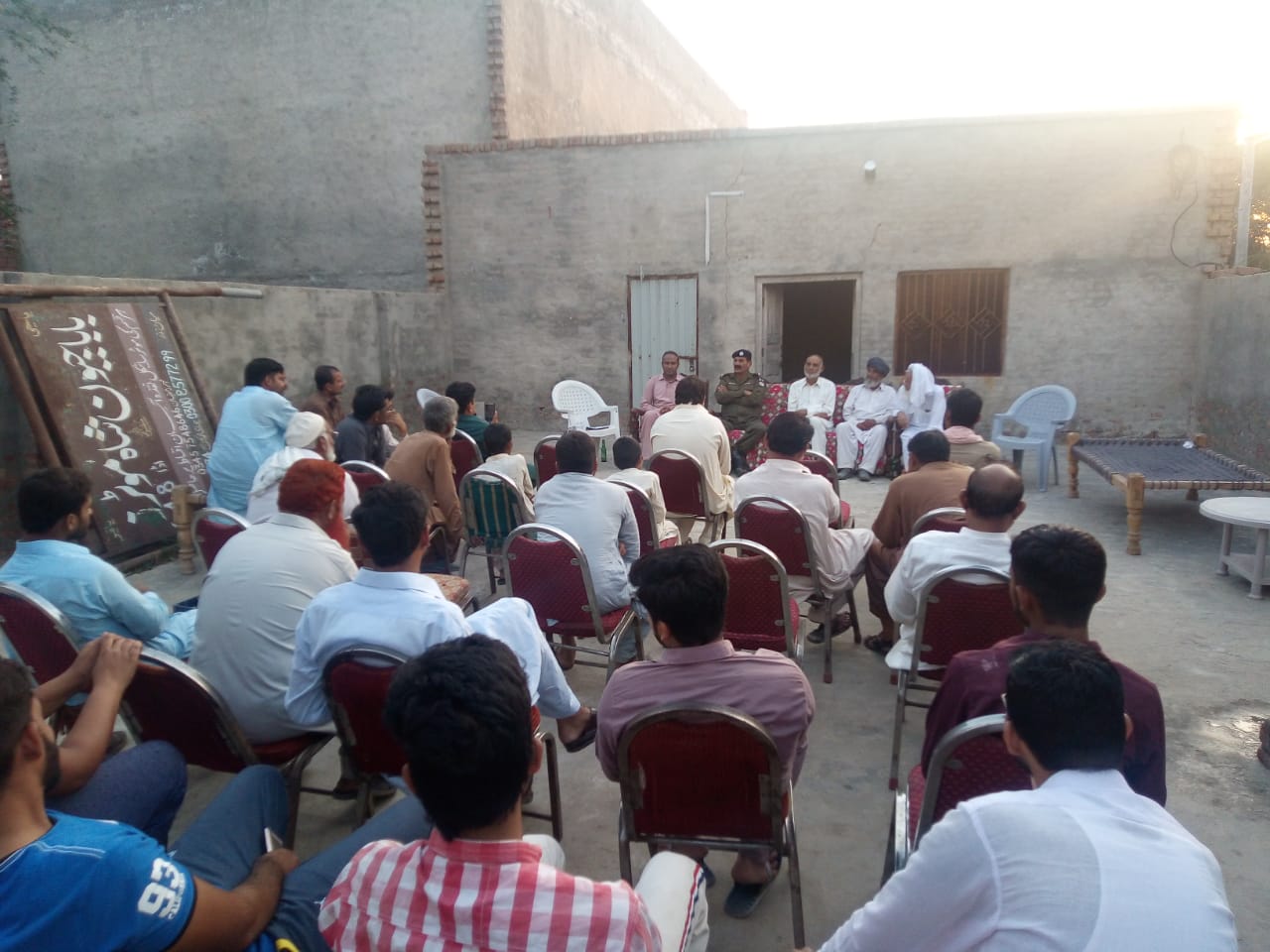Our Impact
Overview
EGAP is a global research, evaluation and learning network that promotes rigorous knowledge accumulation, innovation, and evidence-based policy in various governance domains.
EGAP promotes researcher-practitioner collaborations, develops tools and methods for analytical rigor, and trains researchers and practitioners alike, with an intensive focus in the Global South. EGAP members are designing and implementing field experiments throughout the world to address today’s most important questions in the fields of government and politics.
EGAP Global Membership & Research Themes
- EGAP’s network is composed of researchers across social science disciplines, practitioners of governance innovations, and policy makers interested in policy-relevant research.
- Members are leading experts across four thematic areas: Institutions & Governance; Mitigation of Societal Conflict; Reducing Poverty & Inequality, and Elections; Representation, & Political Participation
- EGAP is currently focused on advancing our understanding on interventions of four priority themes: Crime Reduction & Policy Accountability; Displacement, Migration, & Integration; Climate Change Governance; and Democracy, Conflict, & Polarization
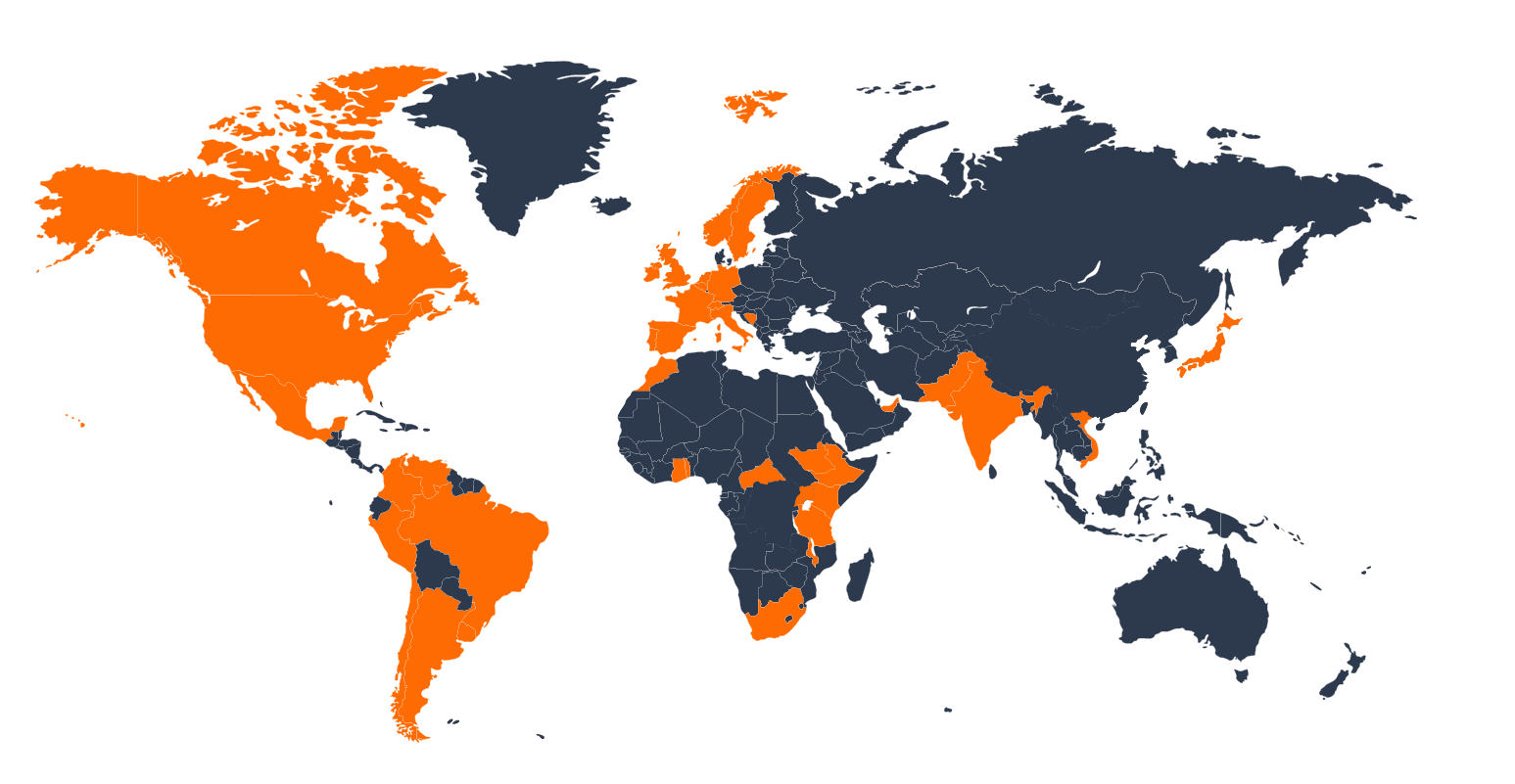
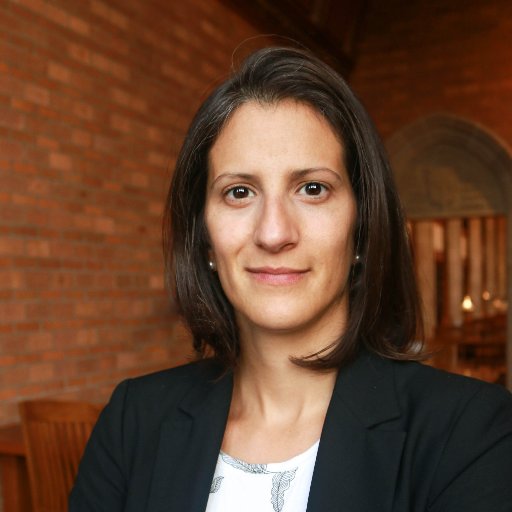
The fact that there is an organization that intentionally connects researchers from academia with policy makers… is enriching and important.
Lucia Tiscornia, Associate Professor at the Center for Research and Teaching, Mexico City, discusses her experience working with EGAP. See the full video interview below.
Meetings, Policy Events, and Policy Briefs
- Annual membership meetings bring together researchers and practitioners to improve research designs
- Foster researcher-practitioner collaborations, improve research designs, and disseminate research findings that are relevant to policy audiences
- 34 general plenary and thematic meetings in 13 countries
- 80 online feedback sessions since 2020
- 85 policy briefs highlighting policy relevant research
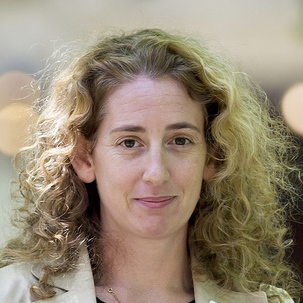
We condensed that information and took it to the Hill and showed how it could be possible to reduce support for violence.
Rebecca Wolfe, Senior Lecturer & Executive Director of International Policy at the Harris School of Public Policy at the University of Chicago, reflecting on the collaboration between EGAP researchers and Mercy Corps’ work to reduce violence conflict. See the full video interview below.
Metaketa Initiative
- Metaketa initiative centered around taking a major question of policy importance, identifying an intervention, and implementing a cluster of coordinated research studies (randomized controlled trials)
- Collaborative experiments on topics with wide policy implications where researchers and practitioners share substantive interests
- 29 Metaketa projects in 18 different countries in Asia, Latin America and Sub-Saharan Africa
- Metaketa Rounds:
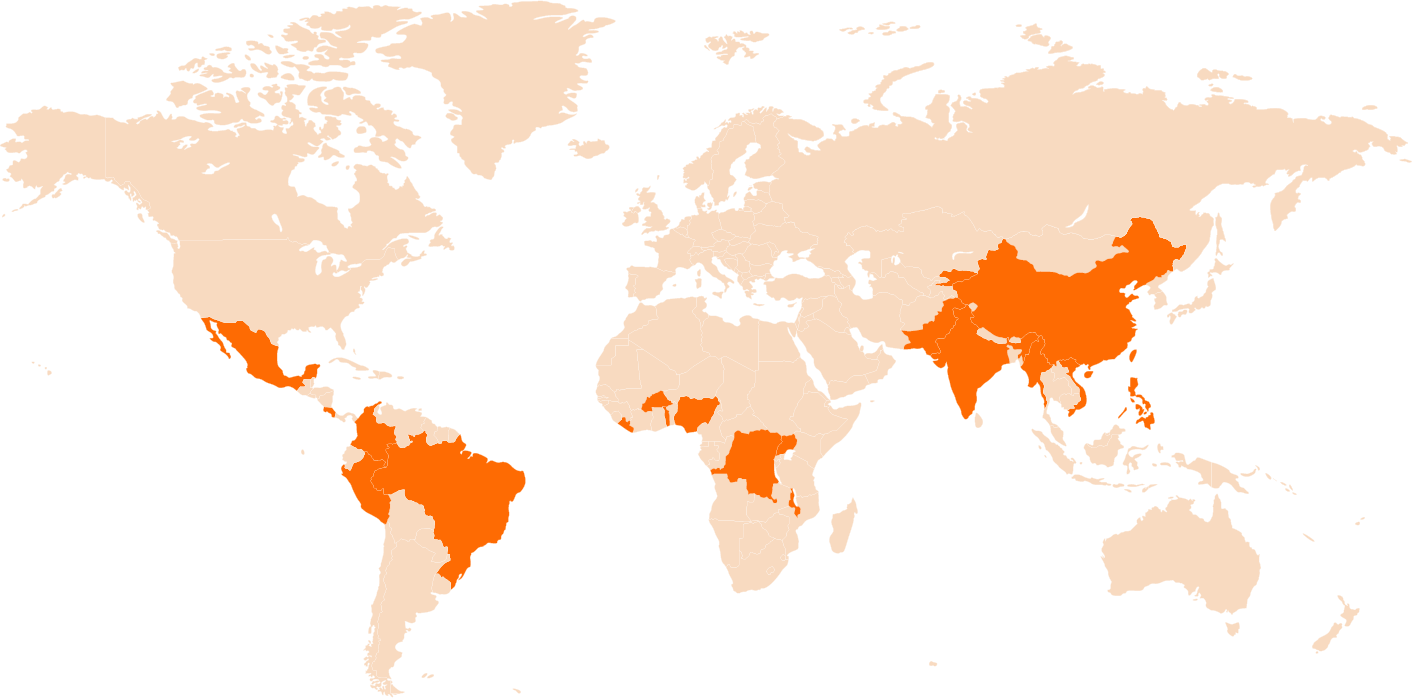
Round Up: EGAP Natural Resource Governance Metaketa Resources
Individualized text messages about public services fail to sway voters: Evidence from a field experiment on Ugandan elections
Face-to-Face vs. Virtual Assistance to Entrepreneurs: Evidence from a Field Experiment in Brazil
Increasing Formalization and Access to Social Security Among Entrepreneurs in Brazil
Learning Days Workshops
- Intensive workshops on experimental methodology for junior and future principal investigators
- Strengthen research capacity among researchers and build research networks in the Global South
- 168 Global South Learning Days workshop participants
- Participants from 31 countries in Latin America and Sub-Saharan Africa
- Online coursebook of workshop modules, slides, and other resources in English, French, and Spanish
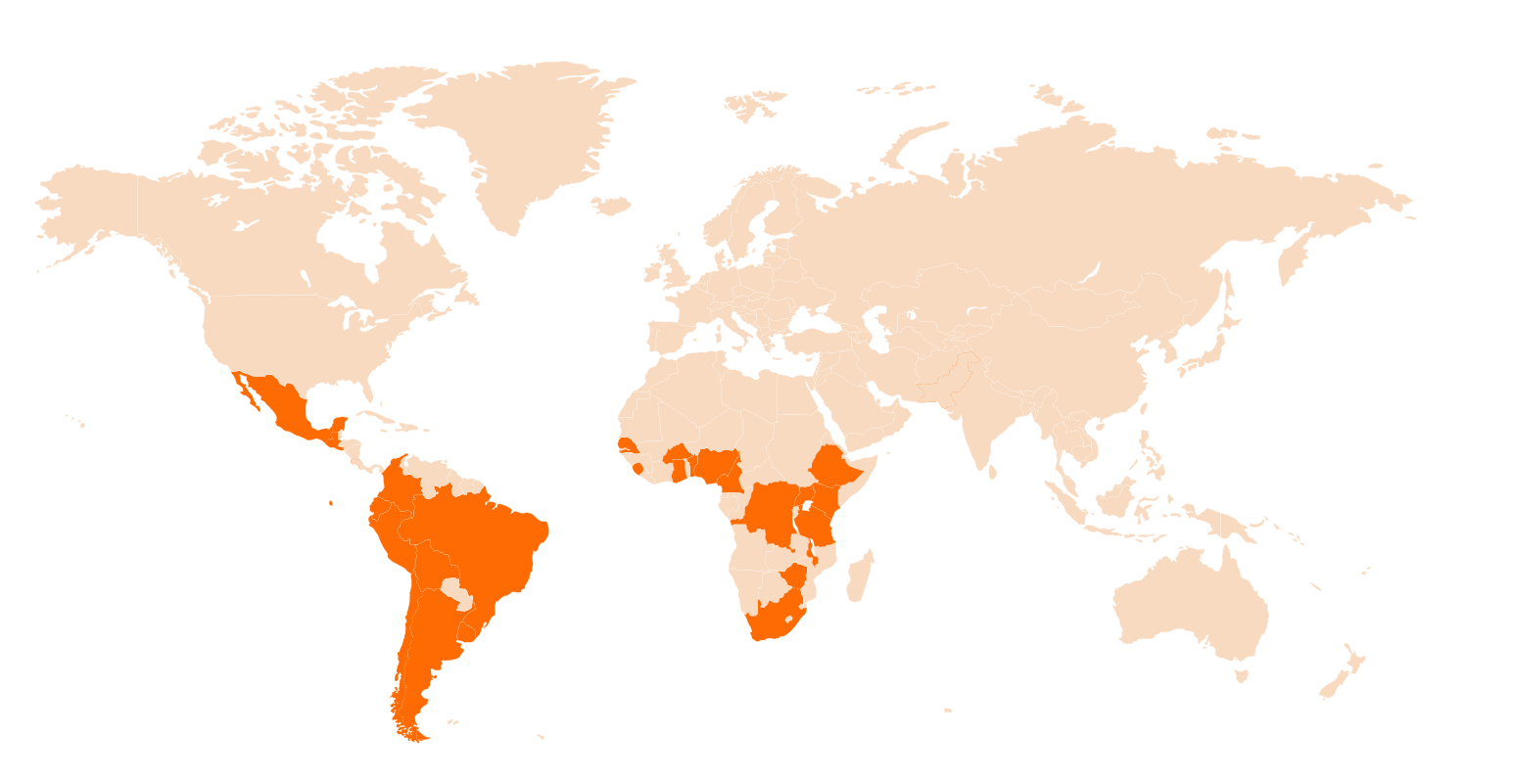
Watch the video below for testimonials from Learning Days workshop alumni:
Research Grants & Global South Fellowships
- Research activities to support Global South-based researchers by increasing the representation of researchers leading rigorous research from the Global South
- 22 grants awarded for quantitative field studies in 15 different countries in Asia, Latin America, and Sub-Saharan Africa addressing the following topics:
- COVID-19 pandemic
- Crime reduction & police accountability
- Climate change governance
- Democracy, conflict, & polarization
- Displacement, migration & integration
- Fellowship program at the University of California, Berkeley for scholars based in Sub-Saharan Africa
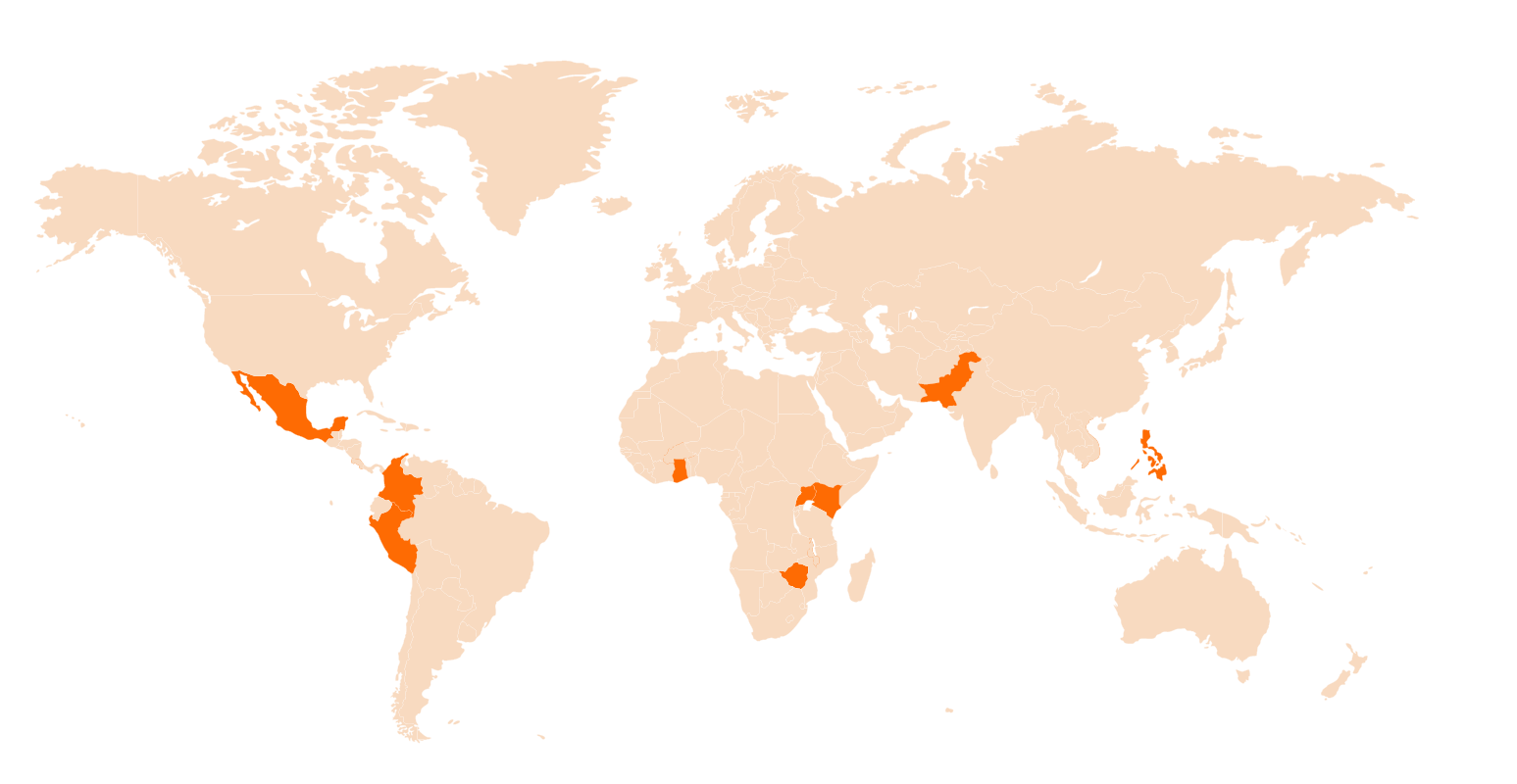

We have seen that people are wearing more masks, and people are even complying with public health measures.
Esther Owelle, Research Manager at the Busara Center for Behavioral Economics, on how her research, funded by EGAP’s COVID-19 grant, helped slow the spread of Covid-19 in rural Africa. See the full video interview.
Regional Hubs
- Regional hubs established to foster interregional research exchange, by identifying local priorities and supporting regional collaborations
- Coordinate regionally-focused activities such as policy events, Learning Days workshops, feedback sessions, and speakers’ series to share policy-relevant research
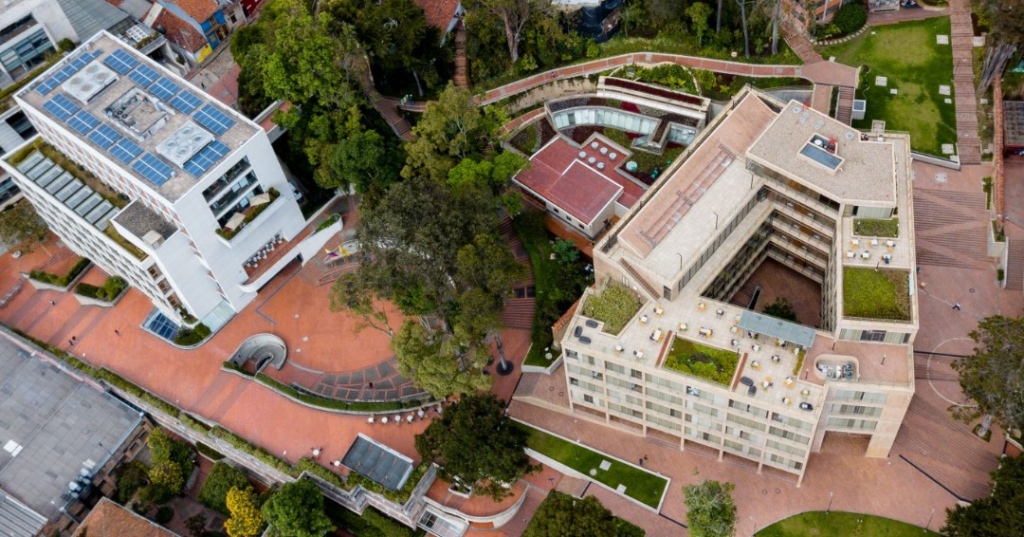
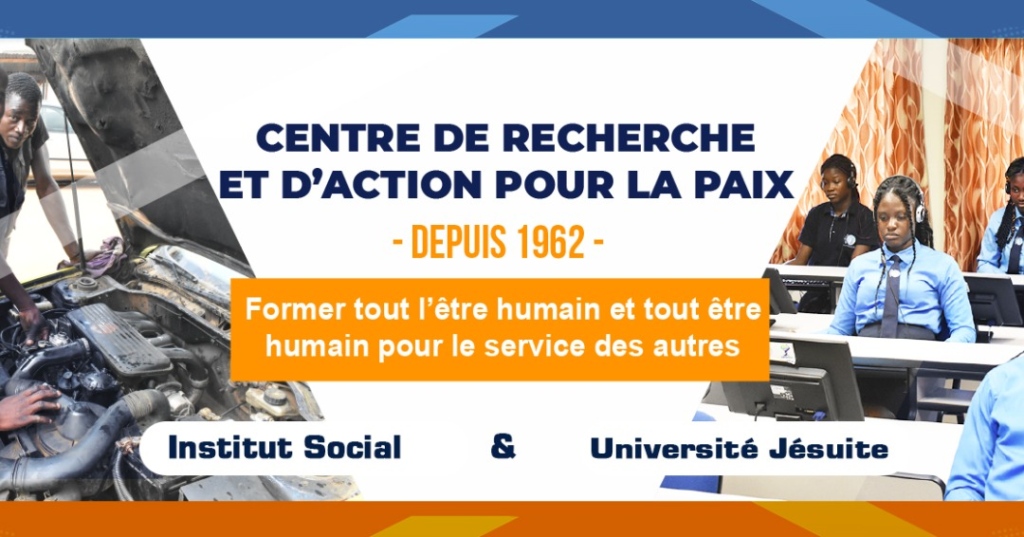
The Latin America Regional Hub is EGAP’s initial Regional Hub office. Established in 2021 in alliance with the Universidad de los Andes in Bogotá, Colombia, the Latin America Hub exists to coordinate EGAP events in the region, and expand EGAP’s capacity for global research exchange. Future research agendas in Latin America will focus on key issues for the region, including: migration and displacement, adaptation to climate change, policing reform, and polarization.
The West Africa Regional Hub was established in early 2022 in alliance with Le Centre de Recherche et d’Action pour la Paix (CERAP) located at the Université Jésuite in Abidjan, Côte d’Ivoire. As a regional hub, CERAP will serve as a gateway for both Francophone and Anglophone African researchers and practitioners to become involved in EGAP’s broader set of activities and special initiatives.
Watch the video below featuring participants from the Latin America Regional Hub Learning Days Workshop 2021.
Methods & Standards
- Develop and disseminate resources to make new methodological tools and debates more accessible to a wider audience
- Publication of 32 methods guides for researchers and practitioners
- EGAP Registry to increase the sharing of accurate and transparent information on research projects
- Use of DeclareDesign to create a R package that provides tools for research designs
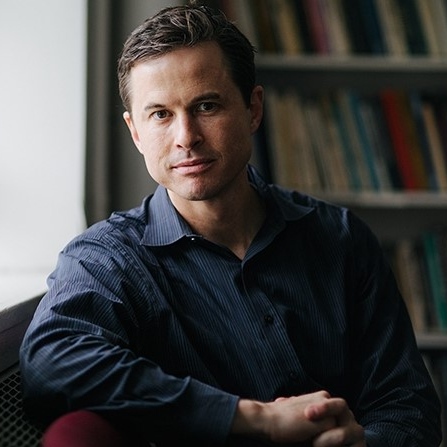
EGAP changed the way I do research. I now follow a protocol like a clinical trial with every experiment I conduct. And that’s because of the influence of EGAP and the framework it created.
Brendan Nyhan, Presidential Professor at Dartmouth College, explains how EGAP’s methodological tools have helped streamline his research on the spread of misinformation and fake news. See the full video interview here.
Impact Stories
